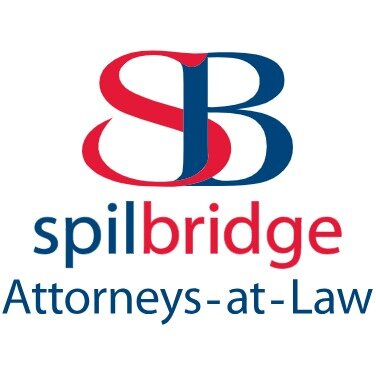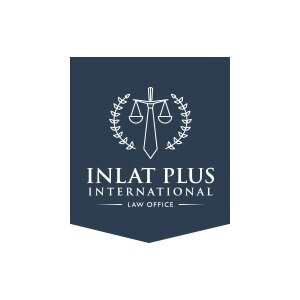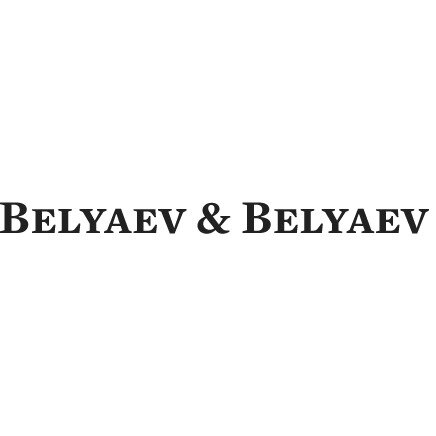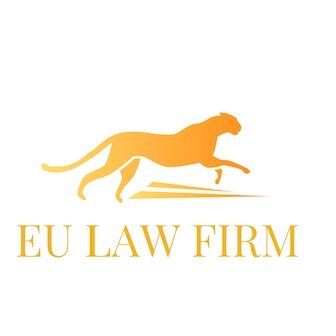Best Franchising Lawyers in Riga
Share your needs with us, get contacted by law firms.
Free. Takes 2 min.
List of the best lawyers in Riga, Latvia
About Franchising Law in Riga, Latvia
Franchising in Riga, Latvia has seen considerable growth over the past few decades, primarily as a result of Latvia's strategic position and its membership in the European Union. Franchising involves a franchisor allowing a franchisee the right to operate a business using its brand and operational model. This business model combines the idea of starting a new business with the backing of established brand recognition and support. Riga, being the capital and largest city in Latvia, serves as a hub for many franchising activities in the region. Entrepreneurs interested in both domestic and international franchise systems find Riga a compelling market for expansion due to its business-friendly environment and regulations. However, understanding the specific legal framework governing franchising in Riga is crucial for anyone looking to enter this market.
Why You May Need a Lawyer
Embarking on a franchise venture, whether as a franchisor or franchisee, often requires navigating complex legal terrain. Here are some typical situations where legal assistance may prove invaluable:
- Drafting and Reviewing Franchise Agreements: Legal counsel can ensure that franchise agreements comply with Latvian laws and protect your interests.
- Trademark and Intellectual Property: Protecting brand assets is critical, and a lawyer can assist in managing these legal matters efficiently.
- Dispute Resolution: In the event of a disagreement between franchisors and franchisees, legal intervention can help resolve issues amicably and fairly.
- Compliance with Local Regulations: Ensuring your franchise operates within the legal requirements specific to Riga and Latvia as a whole is a key area where legal advice is crucial.
- Franchise Termination or Renewal: Understanding the legal consequences and requirements for renewal or termination of the franchise agreement can prevent future conflicts.
Local Laws Overview
Franchising in Latvia is governed by a mix of local laws and European Union regulations, which make for a comprehensive but sometimes complex legal environment. Some of the key aspects include:
- The Commercial Law: A broad regulation which regulates commercial practices, including franchise businesses.
- EU Block Exemption Regulations: Allows certain exemptions from competition law for franchise agreements within the EU.
- Intellectual Property Laws: Essential for the protection of trademarks and trade secrets involved in a franchise agreement.
- Consumer Protection Regulations: These laws protect against unfair practices in dealings with consumers and other businesses.
- Employment Law: Franchise businesses must comply with local and EU employment standards and labour laws.
Frequently Asked Questions
What is a franchise agreement?
A franchise agreement is a binding legal document that outlines the terms and conditions between the franchisor and the franchisee, including rights and obligations.
Do I need approval to start a franchise in Riga?
While there is no specific pre-approval process for starting a franchise, compliance with Latvian commercial and regulatory standards is required.
What costs should be considered when buying a franchise?
Typical costs include the initial franchise fee, ongoing royalties, marketing fees, training expenses, and setup costs for the new franchise location.
Can a franchise agreement be modified?
Yes, modifications are possible if mutually agreed upon by both parties, but it is advisable to seek legal counsel before making changes.
What happens if a franchisee violates the agreement?
Violations can mean penalties, enforcement actions by the franchisor, or legal consequences. It is critical to resolve such issues swiftly.
Are there specific regulations for international franchises in Riga?
International franchises must comply with both Latvian laws and EU regulations, which may differ from their home country's legal requirements.
How long do franchise agreements typically last?
Franchise agreements usually span several years, commonly 5 to 10 years, but this can vary based on negotiation.
Does Riga have franchise associations?
Yes, franchise associations offer a network and resources for franchisors and franchisees, though some associations operate nationally.
Can franchise fees be negotiated?
While some aspects of the franchise fee may be negotiable, basic fees set by the franchisor typically remain firm.
What should I do if I am interested in franchising my business?
Consult a lawyer to conduct a comprehensive legal and fiscal evaluation before taking steps to franchise your business.
Additional Resources
For further assistance, consider reaching out to the following resources and organizations:
- Latvian Franchise Association: Offers support and resources for ongoing franchise operations within Latvia.
- Latvian Chamber of Commerce: Provides general guidance and support for businesses including franchises.
- Business Mentors Network in Latvia: A resource for budding entrepreneurs seeking experienced guidance.
- Bureau of National Franchise Regulation: Information on regulations affecting franchise operations within the country.
Next Steps
If you are considering starting, purchasing, or expanding a franchise in Riga, Latvia, consider the following steps:
- Conduct Preliminary Research: Understand the market demand, costs, and potential franchises of interest.
- Seek Legal Advice: Contact a lawyer specializing in franchise law to guide you through legal complexities and documentation.
- Evaluate Financial Impact: Consult with financial advisors to assess initial and ongoing costs of the franchise endeavor.
- Network: Join local business networks or franchise associations for support and guidance.
- Proceed with Caution: Make informed decisions based on comprehensive advice and thorough evaluations.
Lawzana helps you find the best lawyers and law firms in Riga through a curated and pre-screened list of qualified legal professionals. Our platform offers rankings and detailed profiles of attorneys and law firms, allowing you to compare based on practice areas, including Franchising, experience, and client feedback.
Each profile includes a description of the firm's areas of practice, client reviews, team members and partners, year of establishment, spoken languages, office locations, contact information, social media presence, and any published articles or resources. Most firms on our platform speak English and are experienced in both local and international legal matters.
Get a quote from top-rated law firms in Riga, Latvia — quickly, securely, and without unnecessary hassle.
Disclaimer:
The information provided on this page is for general informational purposes only and does not constitute legal advice. While we strive to ensure the accuracy and relevance of the content, legal information may change over time, and interpretations of the law can vary. You should always consult with a qualified legal professional for advice specific to your situation.
We disclaim all liability for actions taken or not taken based on the content of this page. If you believe any information is incorrect or outdated, please contact us, and we will review and update it where appropriate.
















